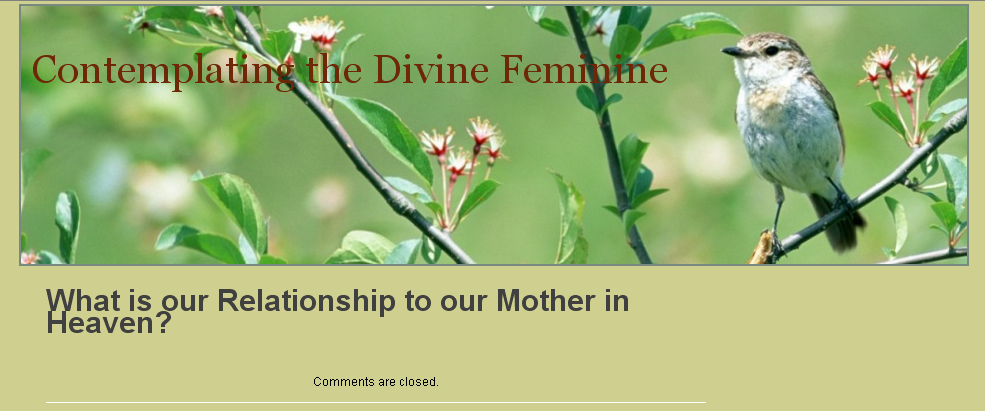I’ve recently had the opportunity to do a lots of driving (somewhere over three thousand miles all told) and I think I’ve discovered the five universal truths of road trips.
1. Books on MP3 (aka CD/tape) make the trip go faster.
I listen to audiobooks to help my apartment get clean faster but this time I discovered they also seem to make road trips go faster. I seem to prefer light mysteries (I’m listening to the stories of Amelia Peabody right now) because I can move my attention to something else (like the semi up ahead who’s pulled over or the downpour that’s about to happen) without losing too much of the plot line. After sitting in a car for three, eight, or even ten hours straight, it’s nice to listen to someone else’s ‘life.’
Read More
